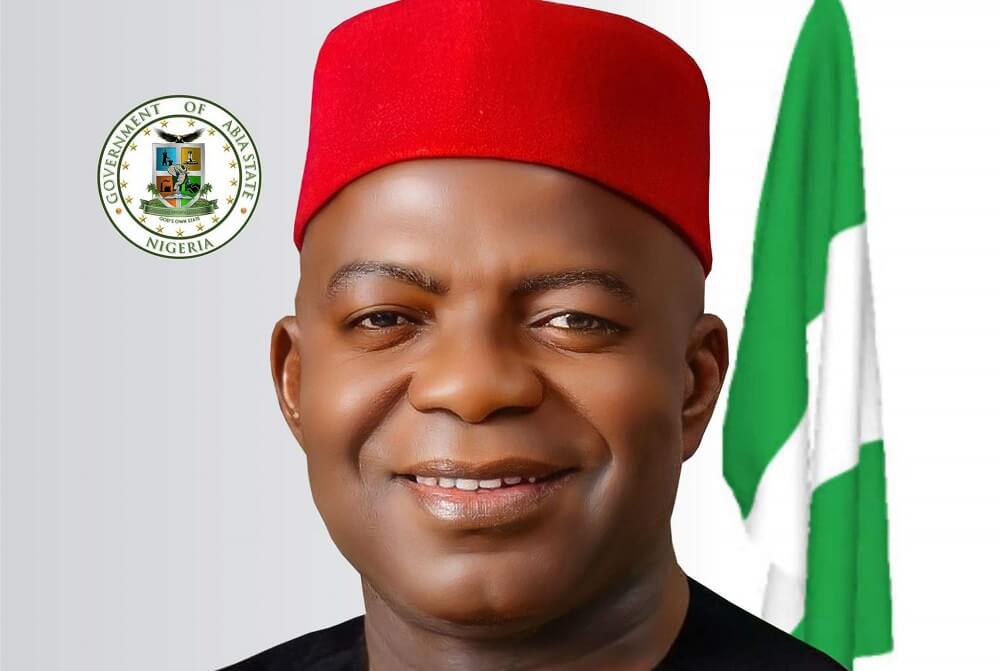Nelson Mandela once said “Education is the most powerful weapon which you can use to change the world,”. This timeless statement captures the transformative power of education to reshape societies, foster innovation, and build a sustainable future. Today, January 24, as the world marks the 2025 International Day of Education, the global community is reminded of education’s central role as a fundamental human right and a catalyst for development. This year’s theme, “AI and Education: Preserving Human Agency in a World of Automation,” invites us to rethink how education can evolve in an age of rapid technological advancements, ensuring human values remain at the forefront of innovation.
Proclaimed by the United Nations in 2018, the International Day of Education goes beyond symbolic recognition. It is a call to action to address persistent global challenges. Millions of children remain out of school, while adult illiteracy continues to undermine human potential. Barriers such as poverty, conflict, gender inequality, and digital divides make the crisis worse. Yet, education is far more than an individual right, it is the cornerstone of equitable societies, economic growth, and global stability.
Education and development are inseparable. A well-educated society drives economic progress, reduces inequality, and fosters technological innovation. It nurtures critical thinking, equips individuals to adapt to a changing world, and promotes global citizenship. As artificial intelligence reshapes industries and challenges traditional ways of thinking, education must prepare students not only to embrace technology but also to ensure it serves humanity responsibly and ethically.
Even as global problems continue, great leaders like Governor Alex Otti exemplify the local commitment needed to address education’s multifaceted issues. Governor Otti’s administration has placed education at the heart of its agenda, undertaking transformative initiatives to ensure that inclusive, equitable, and quality education becomes a reality in Abia State.
One of the most significant steps taken by the administration of Dr. Alex Otti is the declaration of free and compulsory education at the primary and junior secondary levels, removing financial barriers that often keep children out of school. From this January 2025, mandatory school attendance laws are actively enforced, signaling a firm commitment to ending child labor and ensuring every child has access to education and opportunities to thrive. Also, to support this initiative, the government has inaugurated School Marshals, comprising security personnel and key education stakeholders, to monitor and enforce compliance with the policy
Complementing this policy is the launch of mathematics clinics for students in Junior Secondary School 3 (JSS3) and Senior Secondary School 3 (SS3), conducted every Tuesday and Thursday from 7:00 am to 7:45 am. This initiative aligns with the administration’s STEM (Science, Technology, Engineering, and Mathematics) policy to strengthen foundational skills in critical subjects. plans are also underway to recruit approximately 2,500 new teachers across the state in the first phase and the recruitment process will be conducted online.
Infrastructure development has been another cornerstone of Governor Otti’s education reforms. The remodeling and retrofitting of 173 primary and 54 secondary schools go beyond aesthetic improvements. These upgrades aim to create functional, high-quality learning environments tailored to the demands of 21st-century education. The commissioning of Abia State’s first smart school, equipped with advanced digital tools, highlights the administration’s commitment to bridging the digital divide and preparing students for global competitiveness
Governor Otti’s fiscal commitment to education has been nothing short of revolutionary. For two consecutive years, the administration has allocated 20% of the state budget to the education sector. This substantial investment has not only ensured the regular and prompt payment of salaries but also facilitated the clearing of salary arrears owed to educators. By paying N5 billion in counterpart funding to the Universal Basic Education Commission (UBEC), the administration unlocked over N10 billion in federal funds, further strengthening Abia’s education system.
Beyond formal education, Governor Otti has shown a commitment to empowering students as creators and innovators. At the recent convocation ceremony of Dr. Ogbonnaya Onu Polytechnic, he awarded business grants of N1 million each to 150 of the best-graduating students. These initiatives underscore the administration’s vision of nurturing graduates who are not just job seekers but job creators, ready to drive economic growth and innovation in their communities.
As we celebrate the International Day of Education, the words of Malala Yousafzai resonate deeply: “One child, one teacher, one book, one pen can change the world.” This profound truth challenges societies and leaders to prioritize education not just for today but for generations to come.
Written by Onyinyechi Obi

























